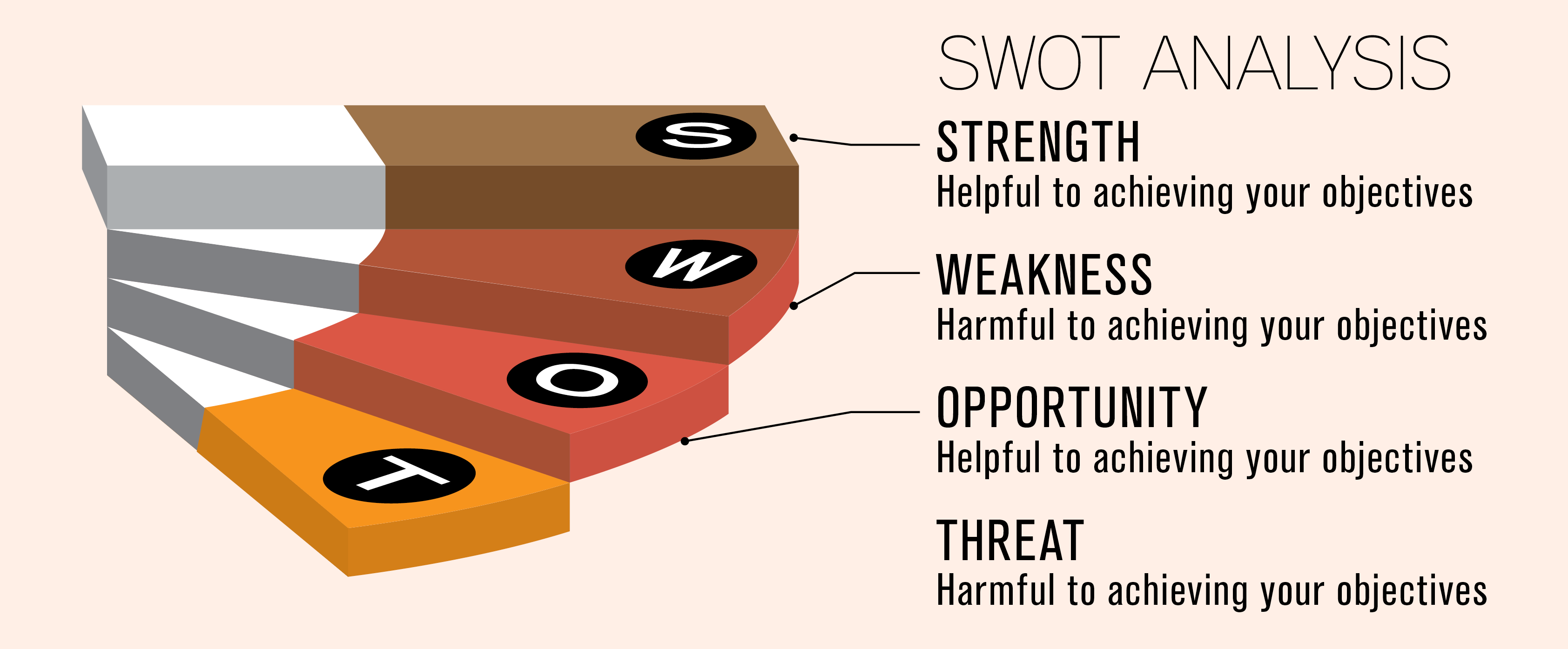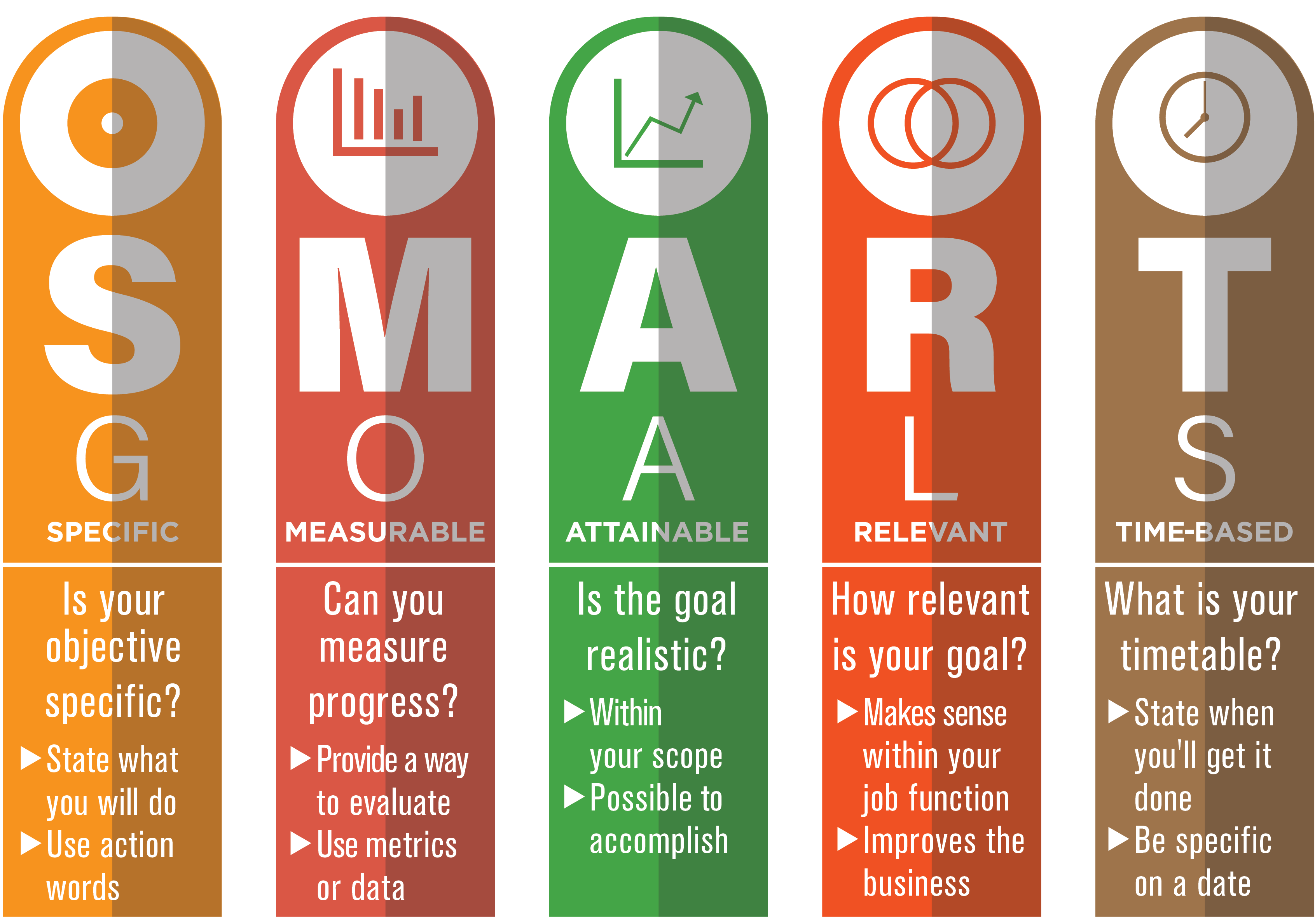Creating a business plan may seem daunting, but agents have advice on how to set yourself up for success
By Tyra Triche
Real estate agents and brokers come from several different career fields, backgrounds and specialties.
For some, creating a business plan prior to getting into the industry is a no-brainer. However, for many, a business plan is something they’ve never had to create before—and it may not have even crossed their minds.
As a new agent, Heather Thurber, broker associate at Better Homes & Gardens Wine Country Real Estate in Santa Rosa, California, says it was a bit difficult to make a business plan at first. “A big part of my business planning every year is looking back at the previous years to see where I was most successful generating business and where I put my time that wasn’t successful,” she says. “In that first year, you don’t have anything to call upon. Making big goals, I found, was very challenging when I didn’t really know what was even possible.”
Creating a business plan for the next year—or longer—can be a daunting task. It is, however, one of the most valuable tools for running a successful real estate business.
Waylon Chavez, CRS, REALTOR® and owner at ABQ Premiere Properties in Albuquerque, New Mexico, looks at real estate and business planning like a GPS. “If you don’t put in a destination, the GPS won’t work,” Chavez explains. “You need that destination to work toward, so you can know if you’re on track.”
The process
The way that agents go about creating their business plan differs. Some come up with a plan in a couple hours, while others take days or weeks to complete theirs. Research done by Harvard Business Review suggests that the optimal amount of time entrepreneurs should spend on planning is three months. With this time frame in mind, you should begin business planning three months ahead of the new year.
For some this is an individual effort, while others prefer to work with a team to devise ideas and strategies. However you choose to operate, a few elements that most agents and brokers have in each plan include goals for target customers and lead generation, marketing tactics, revenue projections and competition research.
“A lot of people forget the step-by-step and only create the outcome—they don’t talk about what they’re going to do to get there,” says Nick Solis, CRS, managing broker at Berkshire Hathaway HomeServices Drysdale Properties in Livermore, California. He advises agents to break down their plan into actions and include time off in their plans. Solis also spoke to the importance of SWOT analyses during the business planning process, or identifying your business’s strengths, weaknesses, opportunities and threats. It can be a challenge putting these things into words, so having another set of eyes in someone you trust to provide feedback is useful.
“When you’re doing this SWOT analysis, strengths and weaknesses are internal to you and your business; opportunities and threats are things outside of your business,” Jessica Olevsky, CRS, broker, REALTOR® and owner of JPAR® Stellar Living in Gaithersburg, Maryland, explains. “The really cool thing with a SWOT analysis is getting feedback from other people around you and who work with you because it’s really hard to know what your strengths and weaknesses are yourself. They have to be really honest when you do this, and allowing them to add their input is key.”

How to get started
- Write an executive summary and business description.
Due to the specific details you may want to include in the executive summary, like target clientele or a marketing plan overview, you may want to complete this step last. - Perform SWOT analysis.
Identify your business’ strengths, weaknesses, opportunities and threats. This can be a straightforward list of items under each characteristic. - List your goals.
Be sure that the goals you set are SMART—specific, measurable, attainable, realistic and time-based. - Conduct market research, and strategize.
Now, you will pinpoint your target market and devise how you will serve this population. - Start financial planning.
Determine your expenses, and estimate your income. Then you will calculate how many transactions you will need to complete for the year to reach your estimated income. - Turn goals into actionable steps.
It will be easier for you to make progress toward your goals with step-by-step breakdowns.
Reflection and revision are necessary
Expect for your business plan to evolve as time goes on. It will be most useful for you to periodically refer back to your business plan, reevaluate and adjust your goals and actions as needed. “A business plan cannot be static,” says Pam Gebhardt, CRS, associate broker at RE/MAX in Atlanta, Georgia. “It has to be ever-changing because the market, situations and employees change. You need to be ever-changing.”
Set aside time in your calendar to take a look at the progress you’ve made, what more you need to do and if you’re on the right track to accomplish the goals you’ve set within the given time frame.
“I revisit my goals and adjust my time frame every three to four months,” explains Chavez. “I see where I’m at, I see where I need to make adjustments and then readjust my goals if necessary. If I’ve accomplished some of the goals, I’ll make new goals. Or if I’m having trouble with one of the goals, I’ll see what’s wrong, what I need to learn or evaluate if it’s still important to me.”

Be better prepared for the unexpected
Having a good business plan that allows for some flexibility will allow you to have a sense of security during times of uncertainty.
“Nobody saw COVID-19 coming, but people did see changes in the economy coming,” Olevsky says. “Even right now, we’re seeing this change with COVID-19 and the Delta variant. There’re still changes that are happening in our market, and we’re starting to see a shift from a seller’s market to a buyer’s market. Being able to see that in advance helps you recognize this opportunity. And then you pivot.”
How Has Business Planning Made You a Better Agent/Broker?
“It has helped me become more intentional. I know the exact actions I need to take daily that are productive. So many people think business is production, but it’s not. We want to focus on productive activities, not just being busy.” —Waylon Chavez, CRS, REALTOR® and owner of ABQ Premiere Properties in Albuquerque, New Mexico
“I’ve been able to achieve what I want to. And the goals that I don’t hit, I get a much clearer picture as to why.” —Nick Solis, CRS, managing broker at Berkshire Hathaway HomeServices Drysdale Properties in Livermore, California
“It gives the perception to my clients that I’m an expert in my field because I can say, ‘Oh, well, my average sales price when I go on a listing or my average sale size last year was $569,000.’ I don’t think many agents can do that.” —Pam Gebhardt, CRS, associate broker at RE/MAX in Atlanta, Georgia
“You have better clarity on what your process is, and you’re able to tell other people about your business more clearly and concisely.” —Jessica Olevsky, CRS, broker, REALTOR® and owner of JPAR® Stellar Living in Gaithersburg, Maryland
Enjoy this article? For more business planning tips and execution strategies, type in “Business Planning” at CRS.com/catalogsearch, and check out the numerous recordings available.
Photo: iStock.com/DNY59








